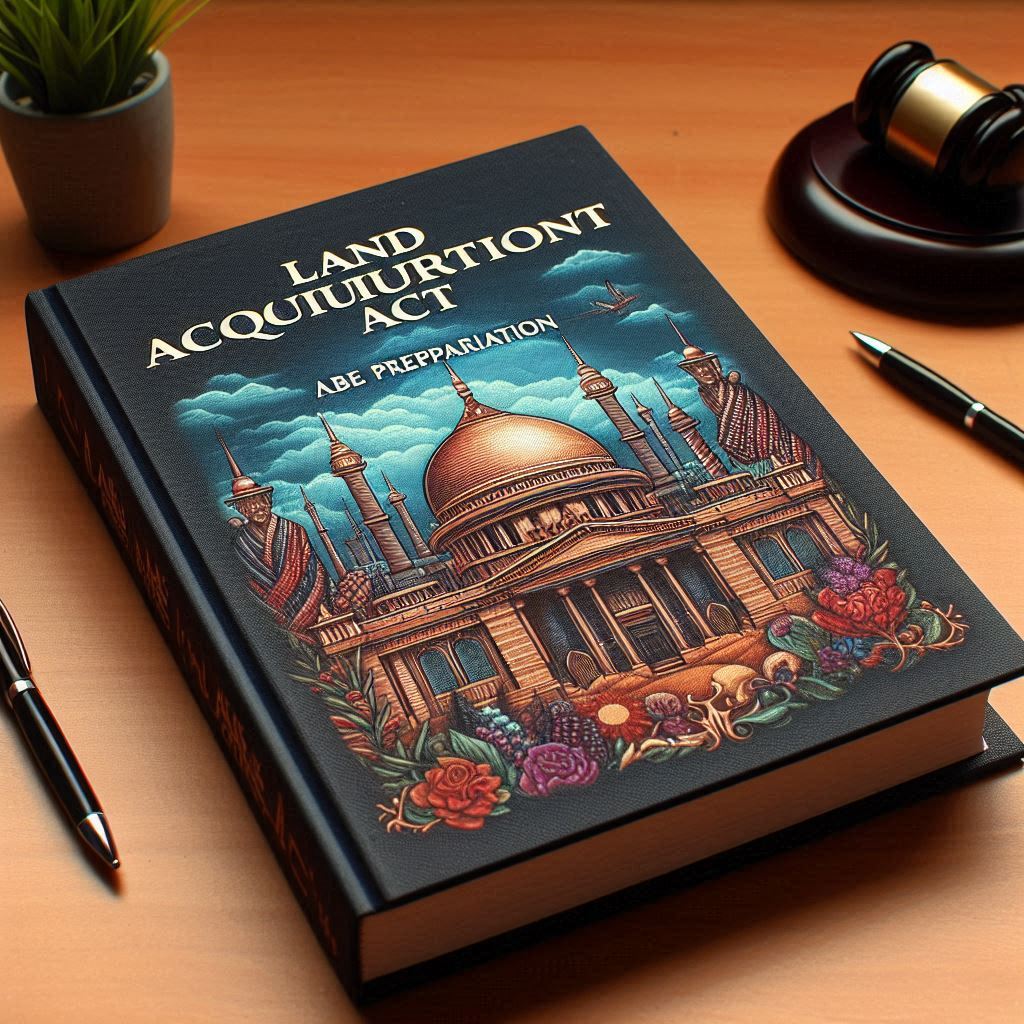Land Acquisition Act: A Comprehensive Guide for AIBE Preparation
🔹 Introduction to Land Acquisition Act The Land Acquisition Act is a key legislation in India that governs the process by which the government acquires private land for public purposes. Originally enacted in 1894 during British rule, it was widely criticized for being arbitrary and unjust toward landowners. As a result, it was repealed […]
Land Acquisition Act: A Comprehensive Guide for AIBE Preparation Read Post »











